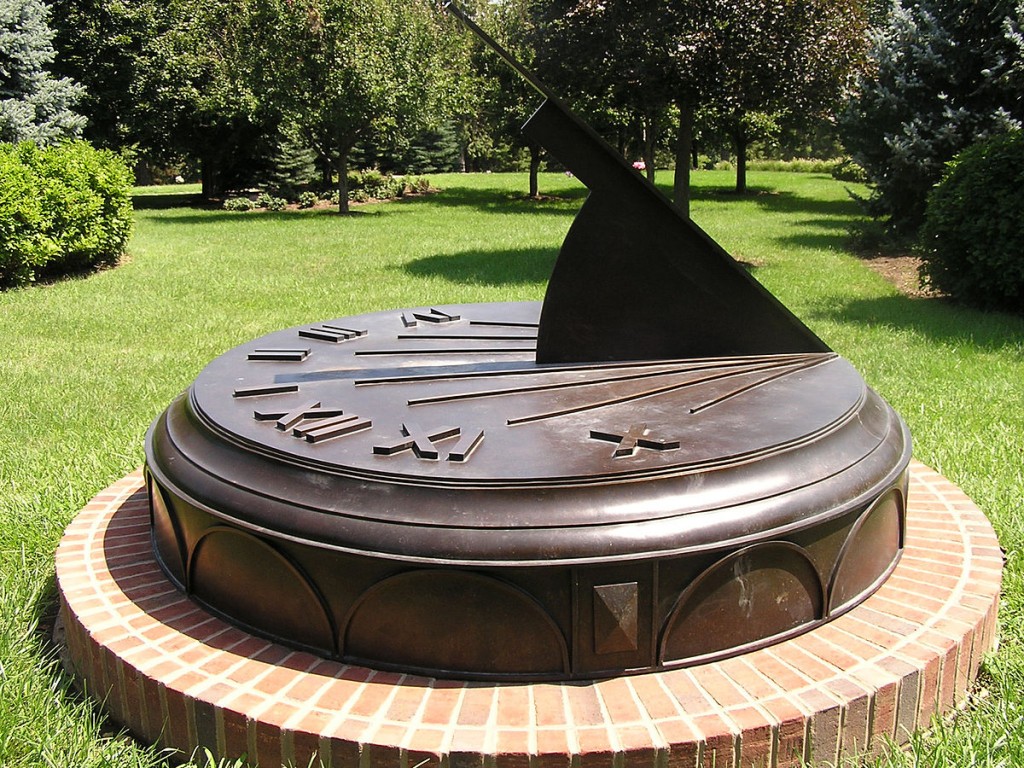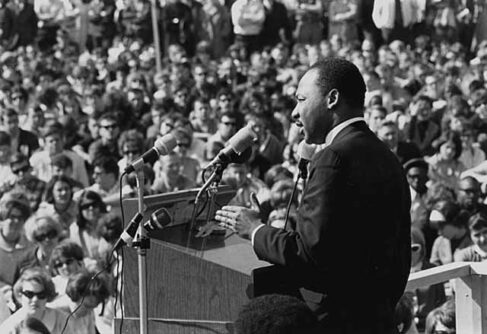Time is precious… and how people spend their time is a good measure of what they value. We have a chance to measure of how much time Americans invest in building civil society with the annual American Time Use Survey; the 2014 findings were released earlier this month.
So, what do the just-released 2014 findings say about American civil society?
Some of the findings tempt one to throw up one’s hands in despair. An active civil society ultimately depends upon a well-educated citizenry. And, at least at one time, Americans of all social levels were known for cultivating learning. Just consider what Alexis de Tocqueville reported in 1840:
There is hardly a pioneer’s hut that does not contain a few odd volumes of Shakespeare. I remember that I read the feudal drama of Henry V for the first time in a log cabin.
Compare the situation today! Americans don’t retire after dinner to read Henry V—instead, they turn on the television: the American Time Use Survey found that on an average day, four-fifths of American adults watched television, and those watched an average of three and a half hours of television. I can understand watching that much television during March Madness, but…on an average day? Three and a half hours would pretty much carry a person through a close reading of Henry V—and one might learn something about how political communities flourish or fail from the contrast of the English and French courts.
Things are not going to get much better to judge by the habits of young college students: on weekdays, “full-time” college students spent, on average, four hours on leisure and sports, but a mere three and a third hours on on “educational activities”! “Educational activities” include time in class, homework, library research, all in. Will many of these young people be prepared in mind and spirit to be PTA presidents, civic leaders, and informed civic participants?
The American Time Use Survey findings seem to suggest that Americans are too often not putting time into the kind of learning and cultural exploration that helps to inform and encourage civic engagement.
Nevertheless, the findings do show that many Americans truly do make time to be active members of their communities. On an average day, about one American adult in seven spends some time in “organizational, civic, and religious activity”—and those who do spend, on average, well over two hours in such activities. African Americans spent more time on average on these activities than others, and older people more than younger people (65–74 year-olds spent more time on these activities than any other age group). And, about one in ten adults spent time helping others outside their own household without pay—and those spent about an hour and forty minutes helping others. Pitching in to help neighbors and others is the kind of immediate engagement that is the basis for building other local partnerships.
Just imagine what could be done in neighborhoods across the country if the average person spent just one hour less watching television (after all, wouldn’t two and a half hours be enough?) and one more hour in his community. Wouldn’t that be something?






